Are you looking for help with these issues?
- Exiting a poor performing leader
- Securing funding
- Profitability improvements
- Technological improvements
- Creative marketing
- Competing strategic initiatives
- Leadership and employee development
- And so much more!
- New strategies to grow revenue
- New competitors
- Limited budget
- Leap frogging your competition
- Key leadership and employee retention
- Systems and operational improvements
- Staying ahead of inflation
Become a member of the CEO Advisory Board (CAB) exclusively for the HR technology, products and services industry and get confidential help with all your top, pressing business issues.

What Is The CEO Advisory Board (CAB)?
The CEO Advisory Board is a group of CEOs from the HR technology, products and services industry who meet monthly to serve as the Board of Directors for each other’s companies.
The groups are:
- Groups are typically 8 – 12 CEOs from the HR technology, products, and services industry
- Members are not competitors while still being in the same broad vertical
- All information is confidential
- Meet virtually for 2 hours once a month
- Meetings have an entrepreneur and former CEO as the facilitator (insert link to meet facilitator)
- Facilitator uses a prescribed meeting methodology to:
- Uncover issues to be addressed
- Member presents their issue
- Members ask clarifying questions
- Solicit ideas and solutions for the issue
- Create an action plan
- Hold members accountable for their action plan
Why CAB?
You have correctly decided to join an Advisory Board. You understand the benefits of getting unbiased, unfiltered advice on critical issues facing your business from other CEOs. So, which Advisory Board should you join? Why CAB?
All CAB members are CEOs of companies selling non-competing technology, products or services to all areas of HR. The members of the Advisory Board in your group have experience and success in the following areas:
- Marketing and selling to HR leaders
- Navigating inflation and the rising cost of doing business
- Acquiring and merging other product lines and businesses
- Developing top talent
- Tackling and solving employee turnover and staff shortages
- Creating meaningful business relationships and partnerships in our industry
- Streamlining operations to increase profitablity


What Is The Difference Between A Board Of Directors And An Advisory Board?
A board of directors is an elected group of individuals to represent shareholders and governed by legal responsibilities. If a company plans to go public, then it is legally required to set up a formal board of directors. The executive team or the board of directors selects an advisory board – an informal group of experts. An advisory board provides valuable assistance to a company but is not financially liable to the company or its shareholders.
Larger companies often have both a board of directors and an advisory board that provide business advisory services. Advisory services can help a company grow beyond its competitors and increase shareholder value. Both types of boards are useful but serve different purposes.
Fiduciary Responsibilities
Board expert Marissa Levin says in Smart CEO magazine, “There are quite a few differences between a board of directors and an advisory board, but the major difference lies in fiduciary responsibilities. The level of fiduciary obligation is much higher in the board of directors than an advisory board”. In other words, the board of directors is financially liable when a company takes its advice. Conversely, the advisory board is not financially responsible when a company takes its advice. It is perhaps this reason why advisory board members readily offer more information than a board of directors.


Voting Rights
A board of directors has voting rights and the power to make changes in the organization. Members of the board of directors as a governing body vote upon major decisions. They even have the power to remove the CEO or make alterations in the executive management team. Conversely, advisory board members have no voting rights. The CEO or executive team have no obligation to take the advice of their advisory board, and it is entirely up to them or the board of directors to follow that advice. The Diligent Insights website expands on voting rights for boards.
Nature of Advice
Although both boards provide business advisory services, neither gives the same kind of advice. Ginger Silverman, current board member of Trilogy Financial, speaks of her many years of experience on boards: “The level of tender and hands-on tactical advice is higher for me on the advisory board capacity”.
The advice of the board of directors is more strategic and focused on a higher level. Shareholder value is a major consideration on the directory board and any decisions they make have a higher level of impact, which Silverman notes. However, on the advisory board advice tends to be more specific to the actual changes happening in the company on an operational level. Participation from board members is more active on an advisory board, and there is a free flow of information and discussion.


Expenses And Compensation
It costs more to create, manage, and compensate a board of directors than it does an advisory board. Additionally, the company covers travel expenses and attendance fees for the board of directors. Attendance fees for board meetings depend on the size of the company. The larger the organization, the higher their attendance fees.
Meet Your Facilitator: Cindy Pascale, CAB Founder & CEO
Cindy combined her in-depth knowledge of how to build businesses and lead people to start, grow and eventually sell a successful e-learning business. Prior to starting her e-learning business, she held a number of C level positions including CEO, COO, President, and SVP of Sales and Marketing/Business Development. Start-ups, international expansions, mergers/acquisitions, raising capital and turnaround companies are among her achievements. She started her career in Human Resources and that provided the essential people leadership foundation to build a successful career.
Cindy is known for seeing the goal, being able to articulate the goal in way that gets people excited to achieve the goal and getting things done. Cindy has a BA in Business Administration and an MBA. In addition to a successful career, Cindy is also a published author and speaker. Cindy is a member of the Board of Directors of IHRIM and is on the Education Committee.

